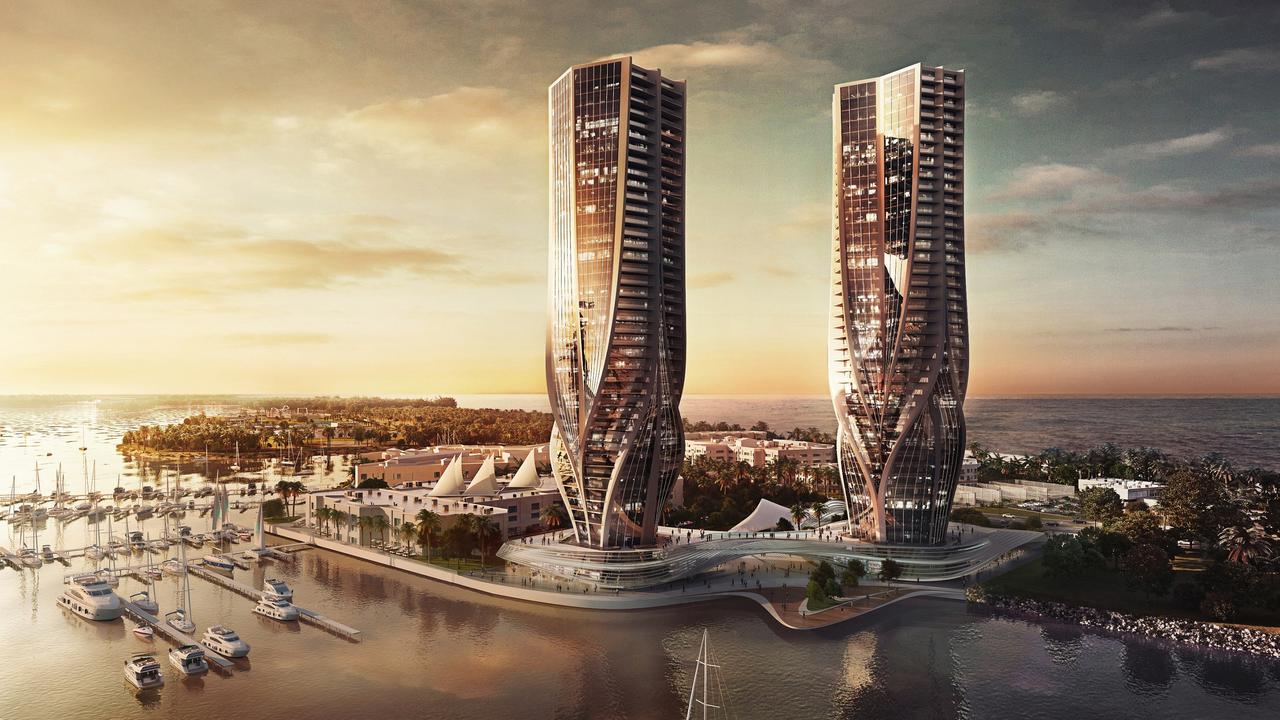Julia Gillard: 15 years since Australia’s first female prime minister replaced Kevin Rudd
Julia Gillard’s rise to the prime ministership 15 years ago divided Gold Coasters, with many declaring Australia was ready for a woman in the role. WHAT THEY SAID
History
Don't miss out on the headlines from History. Followed categories will be added to My News.
The arrival of the Kevin Rudd era was a shock to the system for the Gold Coast’s political and business class.
After nearly 12 years of Coalition rule under John Howard, they had gotten used to having the ear of those in power.
Labor’s term in power, which began in late 2007, saw funding for the first stage of light rail but opposition from Gold Coast business figures to the government’s financial decisions.
However the sudden end of Mr Rudd’s first stint as prime minister came as a shock in June 2010.

Next week marks 15 years since the fateful night the then-Deputy Prime Minister Julia Gillard walked into Mr Rudd’s office and informed him she would challenge for the leadership.
The news went public on the evening of Wednesday June 23, 2010 and events moved quickly.
Despite a defiant late night press conference by Mr Rudd, it became immediately clear he had lost the support of factional bosses after a collapse in polling support.
Mr Rudd said he was elected by the people of Australia as Prime Minister of Australia.
‘‘I was elected to do a job,’’ he said. ‘‘I intend to continue doing that job.’’

Mr Rudd said he had lost support from key members of the party during the past few weeks.
‘‘It has become apparent to me in the course of the last period of time … that a number of factional leaders in the Labor Party no longer support my leadership,’’ he said.
‘‘That is why it is imperative this matter be resolved.’’
He said the ballot had been brought at Ms Gillard’s request.
While falling from the stratospheric approval ratings which marked his first two years in office, Mr Rudd was still ahead and appeared on track to win that year’s election.
But that wasn’t good enough for the Right faction leaders Bill Shorten and Don Farrell who threw their support behind Ms Gillard.

By the morning of June 24, Mr Rudd realised he could not win a party room ballot and resigned as Prime Minister, a role Ms Gillard was appointed to after being elected Labor leader.
That morning, the Bulletin spoke to voters on the street who said they were excited by the change.
“She’s still the same as Rudd. There’s no way it’ll change the way I vote, I’ve always voted Labor,” said Burleigh Heads resident Adam Clark, 21.

“We’re ready for a female Prime Minister but she might not be up to the challenge. I reckon she’ll do as well as Kevin. Hopefully she’ll wipe the mining tax.”
Southport resident Darren Pfeiffer said it wouldn’t change his vote.
“It’s exciting for Australia. She has a lot of charisma and will be a good leader. She will be very competent and do well,” he said.
“My vote won’t change. Australia’s ready for a female Prime Minister. She relates to the public a bit better.”

Ms Gillard’s haircut was also a point of discussion, with sales of wigs replicating it suddenly surging.
Pacific Fair’s in-house fashion stylist Kimberly Gardner told the Bulletin: “She is already pulling off the power look.”
While Ms Gillard initially surged ahead in the polls, a poor performance in the 2010 election campaign and dissatisfaction at Mr Rudd’s removal saw Labor govern in the minority for the following term.
Mr Rudd eventually rolled Ms Gillard in mid-2013 and went on to lose that year’s federal election to the Tony Abbott-led Coalition.





